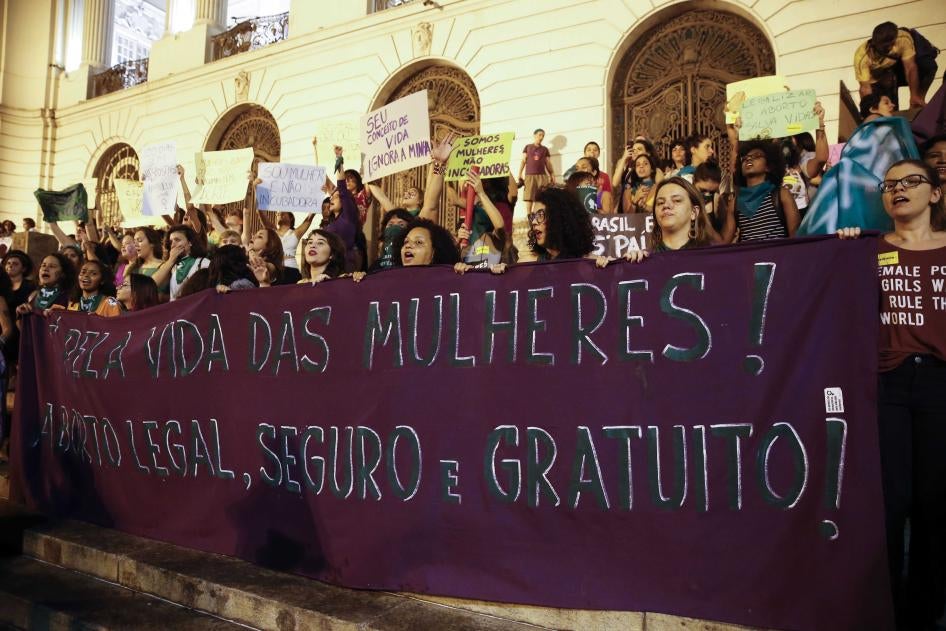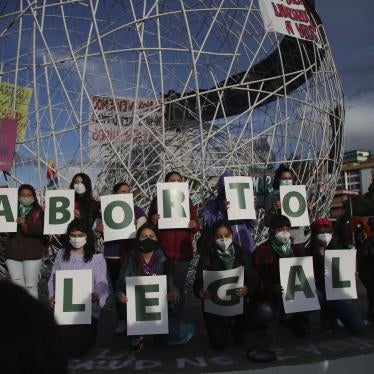“Do you want to choose the baby’s name? Would the baby’s father agree to give it up for adoption? Would you bear it [the pregnancy] a little longer?”
These are questions a Brazilian judge asked a 11-year-old-rape survivor during a hearing. She tried to convince the girl to continue a pregnancy against her will and sent her to a shelter to prevent her from having an abortion. The excruciating dialogue was captured on video and published by The Intercept.
The girl told a psychologist at a hospital in Santa Catarina state that she wanted to end the pregnancy, The Intercept reported. Because of the rape survivor’s young age, the pregnancy posed a risk to her life. But the hospital refused to provide an abortion, saying her pregnancy was too far along. Abortion in Brazil is legal in cases of rape or to save a pregnant person’s life.
During the hearing, both the judge and a prosecutor tried to convince a scared girl to continue the pregnancy for “one or two more weeks” to increase the chance that the fetus would survive outside the womb. The judge also told the girl’s mother that they could place the baby for adoption.
Brazilian girls and women face alarming rates of sexual violence. Last year, a report of a rape was filed every 10 minutes at a police station in Brazil, according to the nonprofit Brazilian Forum of Public Security. Because of underreporting, the real rate of sexual violence is most likely higher.
The case in Santa Catarina shows the huge barriers to access legal abortion in Brazil. Many women and girls are forced to seek abortions outside the law or abroad.
On June 21, the girl was allowed to leave the shelter and finally got an abortion the next day.
Denying or delaying a safe abortion or forcing someone to continue a pregnancy against their will is discrimination and gender-based violence, and may amount to a violation of the fundamental prohibition on inhuman and degrading treatment. Brazil should decriminalize abortion and immediately ensure, at the very least, that the health system and courts are prepared to provide women and girls access to comprehensive sexual and reproductive health care.










